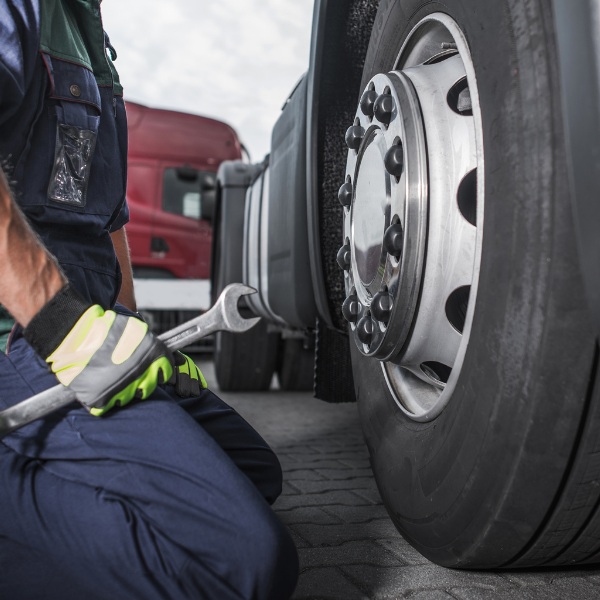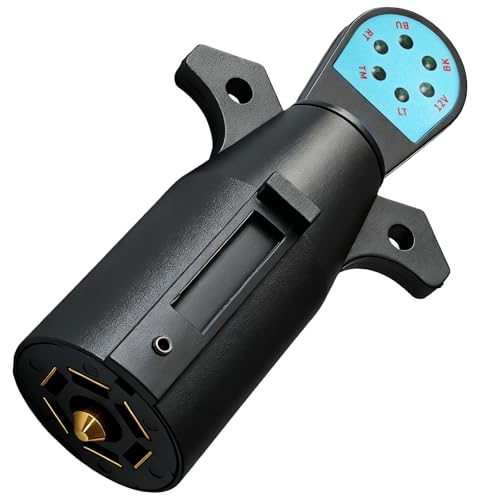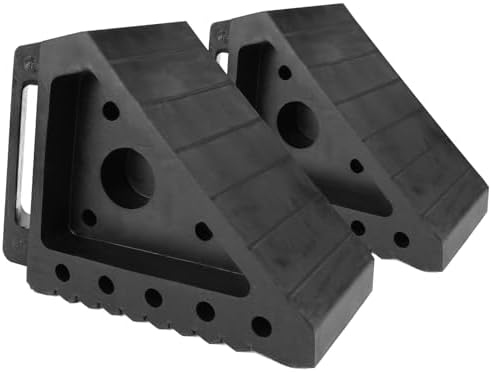
Pre-Trip Preparation: Planning Your RV Journey
Thorough planning is a fundamental aspect of ensuring a successful RV travel day. Effective pre-trip preparation not only enhances the enjoyment of your journey but also minimizes potential issues along the way. The first step in this process is to create a comprehensive travel itinerary, which serves as a roadmap for your adventure. Begin by mapping out your intended route, using reliable navigation tools or applications that provide real-time traffic updates. This will help you identify the most efficient paths and anticipate any potential disruptions, such as construction or detours.
While charting your course, it is also essential to identify key stops along your journey. Consider breaking up your travel time with planned breaks for meals, fuel, and relaxation. These pauses can significantly enhance the overall travel experience, allowing you and your companions to recharge before continuing on your way. Keep in mind that unforeseen circumstances may arise, so it is wise to have alternative routes in mind that can be utilized should road conditions change unexpectedly.
Another critical aspect of pre-trip preparation is checking campground availability for your intended stops. Popular destinations may require reservations, especially during peak travel seasons. Researching campgrounds ahead of time not only ensures you have a secure place to spend the night, but it also enables you to assess amenities and proximity to points of interest. Furthermore, taking inventory of your supplies and equipment is vital before departure. Be sure to pack all essential items, including food, toiletries, and recreational gear, tailored to your specific needs.
Lastly, reviewing any travel restrictions or weather forecasts pertinent to your planned route is essential for a smooth experience. Awareness of road conditions and possible safety advisories will equip you to make informed decisions as you embark on your RV journey. Properly preparing for your trip reduces stress and enhances safety, ensuring your adventure unfolds smoothly.
RV Maintenance Checklist: Ensuring Safety and Functionality
Prior to embarking on an RV journey, conducting a thorough maintenance check is crucial for ensuring both safety and functionality. One of the first areas to focus on is the tire pressure. Proper tire inflation not only improves fuel efficiency but also enhances handling and safety. It is recommended to check tire pressure prior to every trip, as fluctuations in temperature can affect it significantly. Additionally, visually inspect the tires for any signs of wear or damage, including cracks or bulges.
Next, inspecting fluid levels is essential for the proper operation of your RV. This includes checking the oil, coolant, and brake fluid. Low oil levels can lead to engine problems, while insufficient coolant can cause overheating. Brake fluid is critical for safe stopping, so ensuring it is at the correct level is non-negotiable. Maintaining adequate fluid levels helps to prevent mechanical failures on the road.
Beyond fluid levels, it is vital to test all lights and brakes. Functioning lights are essential for visibility and safety, especially during nighttime driving. Ensure that turn signals, brake lights, and headlights are operational to avoid potential hazards. Brakes should be examined for responsiveness and any unusual noises, indicating a need for further inspection.
Battery health is another key aspect of RV maintenance. Ensure your RV’s battery is fully charged and check for any corrosion on terminals, which can impede performance. A weak battery can lead to unexpected breakdowns, especially in remote areas. Additionally, do not overlook the propane system; inspect the connections and appliances to confirm they function correctly, minimizing risks during travel.
By diligently following this maintenance checklist, you can help prevent breakdowns and ensure a safe, enjoyable RV travel experience.
As an Amazon Associate we earn from qualifying purchases
Safety Measures: Preparing for the Unexpected
Ensuring safety during an RV trip is a paramount responsibility for every traveler. Before setting off, it is essential to assess your preparedness for any unforeseen circumstances. One critical component of this preparation is maintaining a well-stocked first aid kit. This kit should include various items such as bandages, antiseptics, pain relievers, allergy medications, and any personal medications necessary for you or your travel companions. Regularly checking and updating the contents of your first aid kit can make a significant difference in handling emergencies effectively.
In addition to medical supplies, ensuring you have the right emergency roadside supplies on board is equally crucial. Items such as flares, reflectors, and basic tools should be readily accessible in case of breakdowns or emergencies. A spare tire, jumper cables, and a portable air compressor are examples of essential tools that can help resolve common roadside issues. Being equipped with these supplies allows RV travelers to address problems promptly and enhances overall safety on the road.
Another important aspect of safety is verifying that your RV insurance is current and adequately covers potential risks. Reviewing your insurance policy can help identify any necessary adjustments, such as adding coverage for roadside assistance or ensuring adequate liability protection for unexpected events. It is also advisable to carry copies of your insurance documents while traveling.
Lastly, clear communication plays a vital role in ensuring safety during your journey. Informing a friend or family member about your travel itinerary is important so they can know your whereabouts. Establishing a method for regular check-ins, whether through a phone call or messaging app, can create a reliable safety net that adds peace of mind to your travels. By taking these precautions, RV travelers can enjoy their adventures with greater confidence in their safety and preparedness.
Packing Essentials for Your RV Trip
Preparing for an RV trip entails careful consideration of what to pack in order to ensure a comfortable and enjoyable experience. One of the primary aspects to focus on is clothing. It is crucial to bring appropriate clothing for diverse weather conditions, including lightweight layers for warmer days, waterproof jackets for rain, and insulated layers for cooler nights. Additionally, packing extra pairs of shoes suitable for hiking or outdoor activities can enhance your travel experience.
Food and kitchen supplies are significant components to include in your RV packing list. Consider planning your meals ahead of time to create a grocery list that encompasses all necessary ingredients. Non-perishable food items, such as canned goods, pasta, and rice, should be included, alongside fresh goods like fruits and vegetables, which can enhance the quality of your meals. Don’t forget essential kitchen supplies, such as a portable stove, pots, utensils, and dishes. Proper food storage solutions, including coolers and airtight containers, can keep your food fresh and prevent spoilage during your travels.
Camping gear is another area where careful selection is necessary. Consider bringing items such as sleeping bags, portable chairs, and a camping table. Depending on your RV amenities, a portable fire pit or grill might be beneficial for outdoor cooking. Additionally, safety equipment including a first aid kit, flashlight, and extra batteries should not be overlooked.
Finally, organization within your RV is key to maximizing space and ensuring accessibility. Utilize bins and storage containers to separate items by category, such as clothing, cooking supplies, and recreational gear. Labeling the containers can expedite access to necessary items and maintain order in the limited space of your RV. Ultimately, being well-prepared fosters a more enjoyable RV travel experience.









